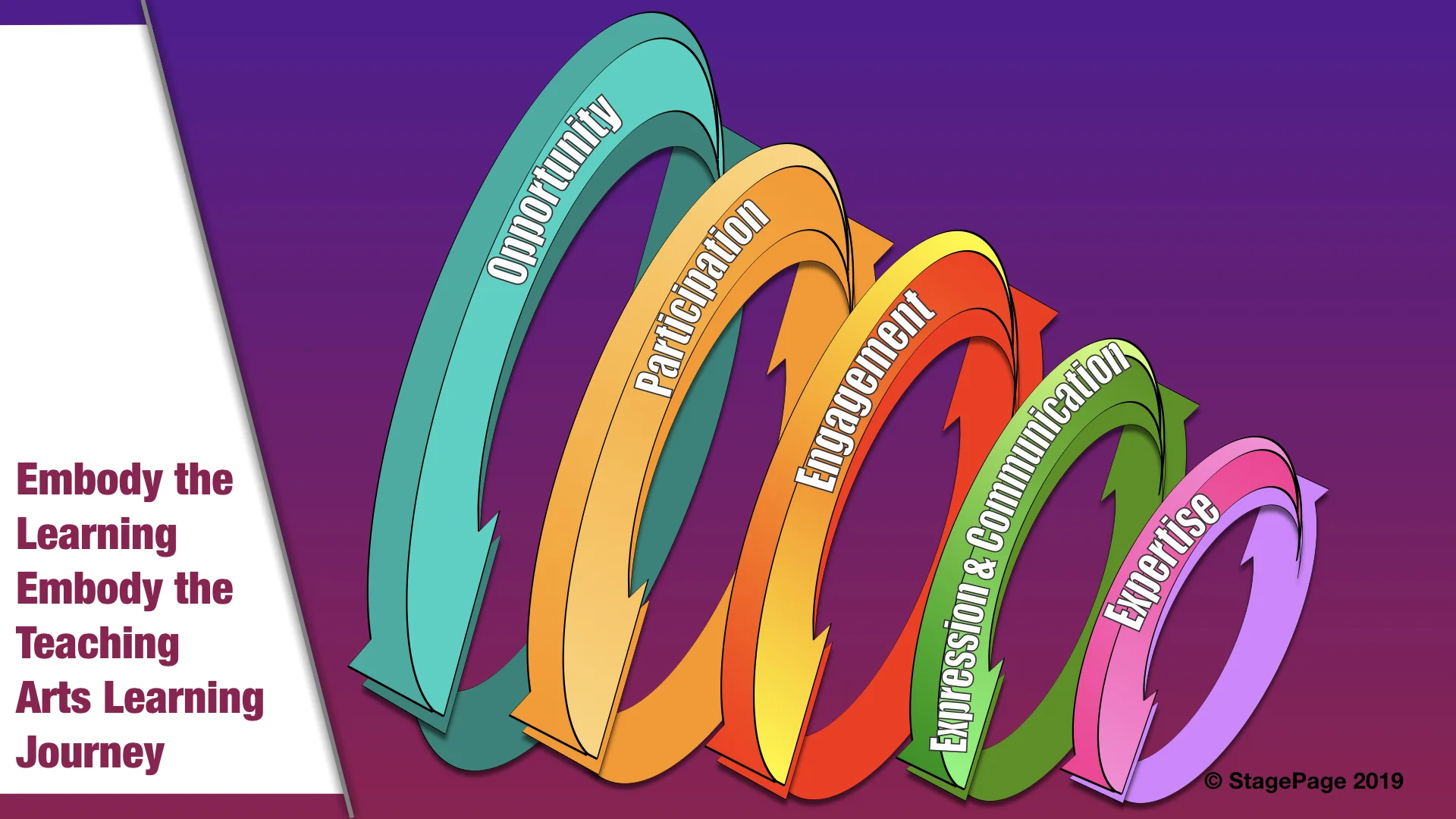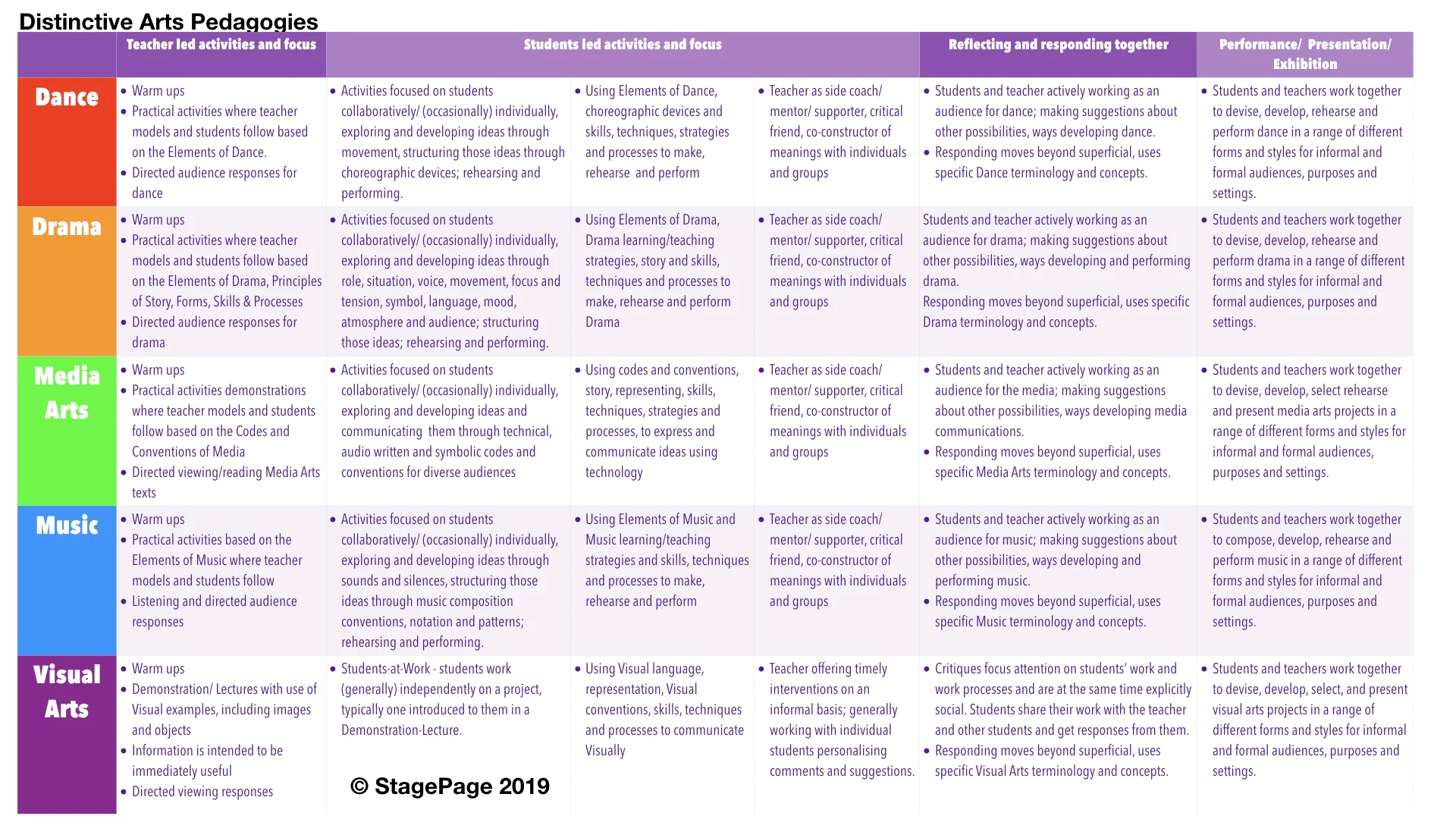Music Tip Monday #10 - Scale patterns
/Why do choir directors and singing teachers so often play warm-ups in major scale patterns?
Have you ever noticed that singing warm-ups nearly always exist in major scale patterns? Why is that the case?
Some singing and music teachers have told me that because they are not keyboard experts, they feel most comfortable playing in 5 note major scale patterns. And that is okay, except that it reinforces the same sequence of whole and half step intervals (tones and semitones) in the ear of the singer. And then when that singer does a music exam where other scales are required as part of the technical work, more complex scales like the chromatic and whole tone become aural challenges. Why not instead make a habit of mixing up the scale patterns from the beginning stages of training?
With limited piano or keyboard skills most music and singing teachers can play a major scale from middle key – it is simply 8 white notes ascending.
Finding the natural minor scale (also known as the Aeolian mode) is as simple as playing 8 white notes from the A two notes below middle C. Immediately a new tonality and pattern of tones and semitones is available to the student’s ear.
You could try all your favorite warm-up exercises in both major and natural minor keys. By using only the black notes on the keyboard you can play and explore the pentatonic scale – a scale which works whichever note you start on.
The less predictable your warm-up patterns are, the more attuned your students’ ears will become.
Give it a go!










